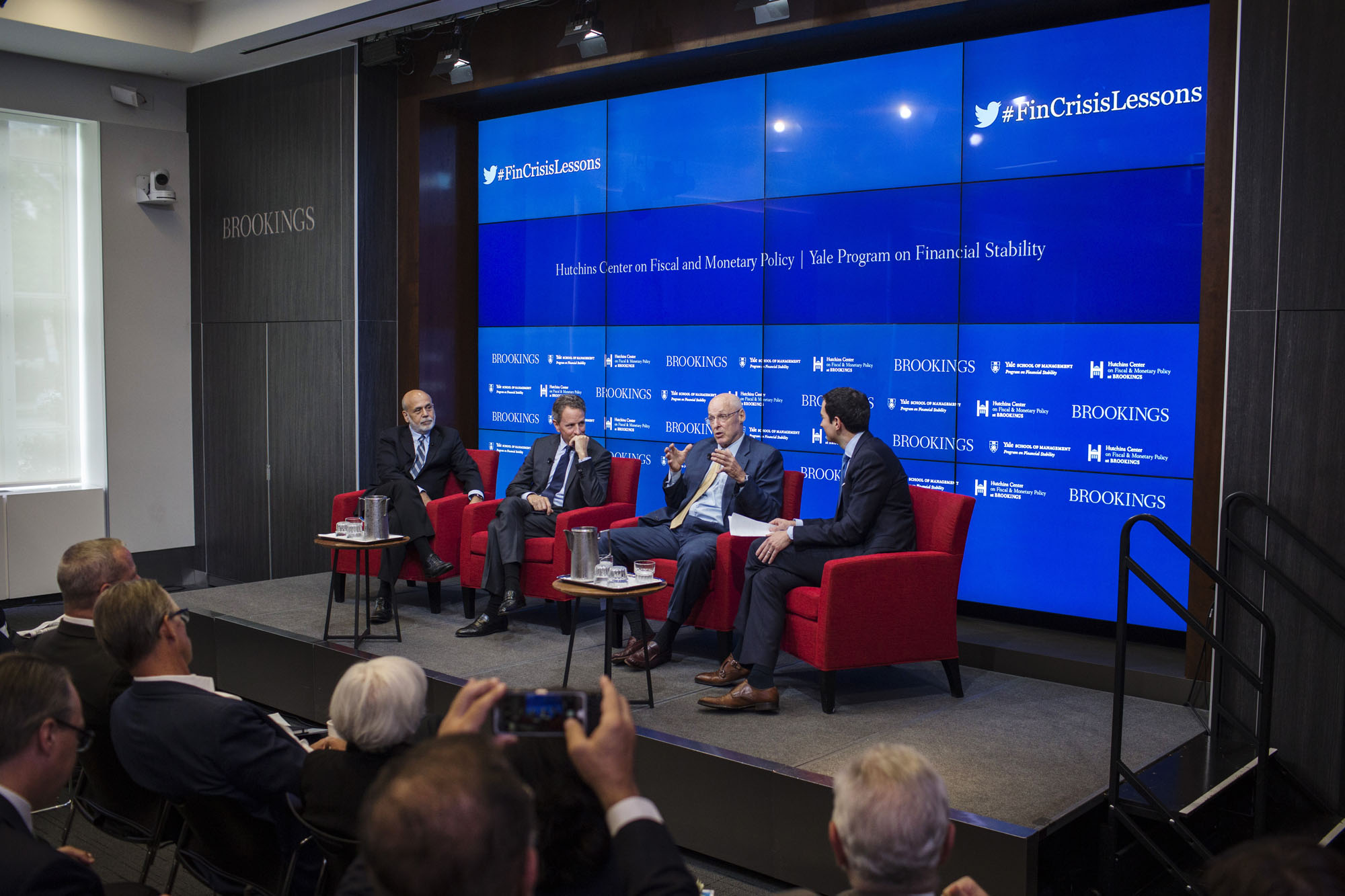It is astonishing that, even though the global financial crisis occurred a decade ago, we do not yet have a clear and convincing explanation of its basic cause. To be sure, theories abound. Liberals blame Wall Street greed and lax government oversight. The conservatives' villain is the government's aggressive promotion of home ownership, which flooded the economy with bad mortgages.
Although these ideological explanations have some merit, the real story is more complicated and perverse. What ultimately caused the financial crisis was the economy's very success. We had, it seemed, entered a new era of less risk. Believing this, Americans embraced more risky behaviors that, once shunned, suddenly seemed justified by widespread optimism.
The paradox is plain: The faith that economic risk had declined inspired more risk-taking, because it seemed safe.



















With your current subscription plan you can comment on stories. However, before writing your first comment, please create a display name in the Profile section of your subscriber account page.